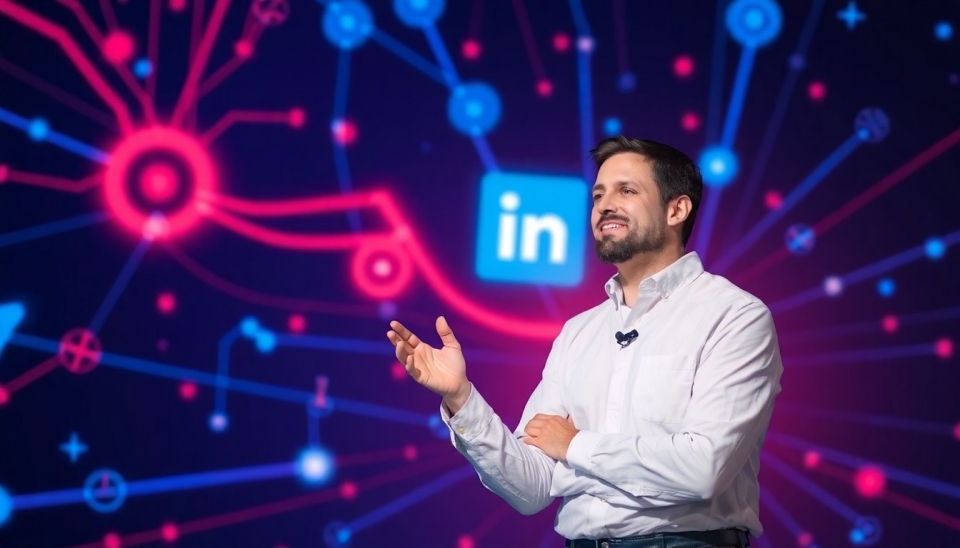
Reid Hoffman, the influential co-founder of LinkedIn, has recently articulated a profound vision for the future of artificial intelligence (AI), emphasizing the crucial role of human supervision as we embrace this transformative technology. As AI continues to integrate into multiple facets of life, Hoffman believes human vigilance is essential to ensure that the benefits of AI are maximized while minimizing potential adverse effects.
Hoffman's perspective has emerged against a backdrop of escalating discussions surrounding the implications of AI technology—from ethical use and job displacement to the overarching lack of regulations guiding its evolution. He argues that as AI systems grow increasingly sophisticated, it becomes paramount to incorporate a human element that not only oversees these advancements but also shapes their ethical framework.
One of the central points highlighted by Hoffman is the necessity of maintaining a collaborative relationship between humans and AI. He posits that while AI can enhance productivity and offer innovative solutions, unchecked AI could lead to unintended consequences that harm society. His call for vigilance emphasizes that AI should complement human capabilities rather than replace them entirely. This theory suggests a new paradigm where human intuition and creativity remain at the forefront, guiding AI technologies towards constructive outcomes.
Hoffman foresees a future where AI not only streamlines processes but also augments human ingenuity in critical areas such as healthcare, education, and environmental sustainability. However, he warns that the advancement of AI must be approached with caution, necessitating robust oversight frameworks that ensure accountability and ethical standards. This reflects a broader need for collective discourse among policymakers, technologists, and the public, to forge a responsible pathway forward.
Furthermore, Hoffman discusses the importance of fostering an informed society capable of engaging with AI technologies responsibly. He believes that education must adapt to prepare individuals for an AI-enabled world, stressing that understanding AI's workings and implications will empower people to utilize these tools effectively and ethically.
Ultimately, Hoffman's vision is one of optimism—an inspiring call for a future in which humanity and technology unite for greater good. By placing humans at the helm of AI innovation, he argues we can cultivate an environment that promotes not only technological advancement but societal wellbeing. As the conversation around AI evolves, it is increasingly clear that balancing innovation with human oversight is not merely a choice; it is a necessity for a sustainable future.
In conclusion, as we stand at the precipice of significant technological transformation, the insights provided by Reid Hoffman serve as a reminder of our responsibility to wield such power wisely. Without a thoughtful approach that prioritizes human insight, the potential of AI could easily veer into perilous territory.
<>#> #ReidHoffman #AI #ArtificialIntelligence #LinkedIn #Technology #HumanOversight #FutureOfWork #Innovation #<
Author: Liam Carter




